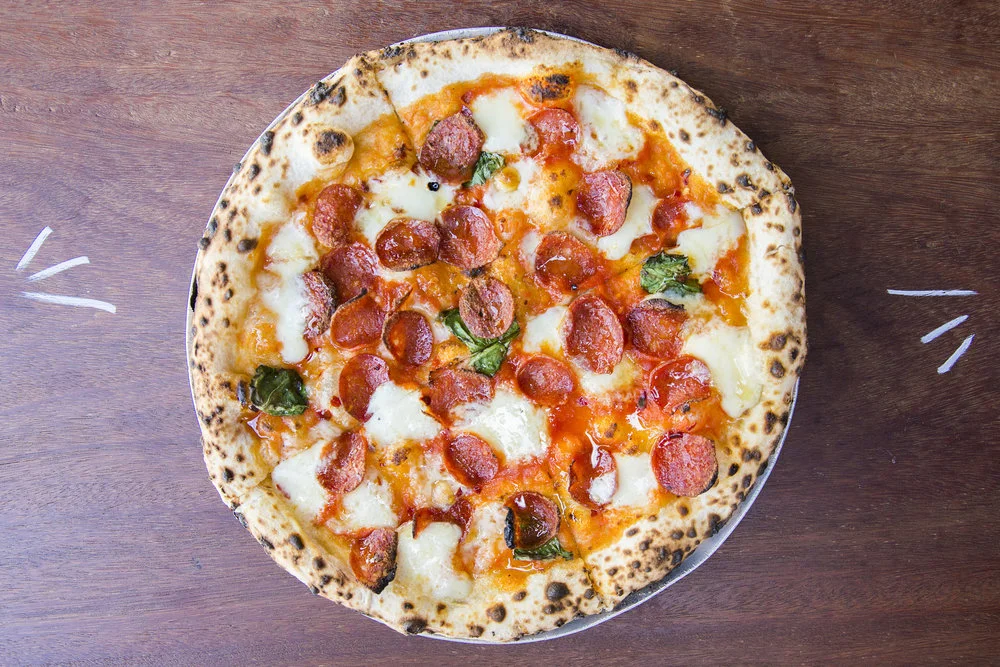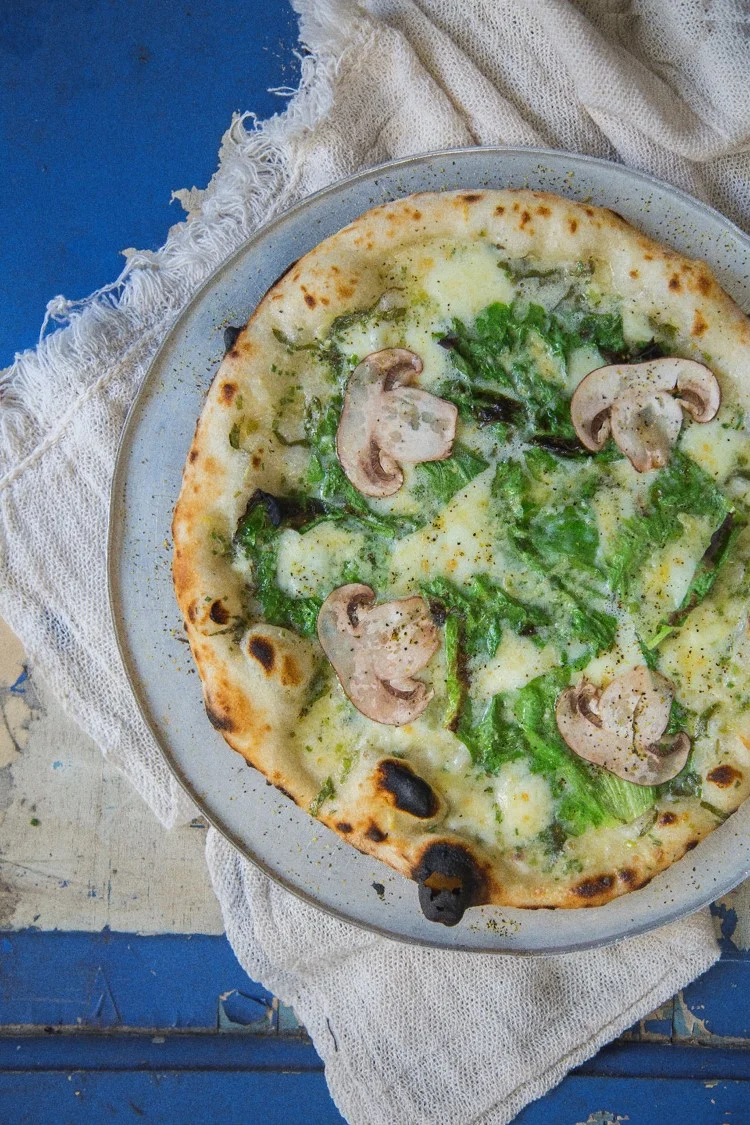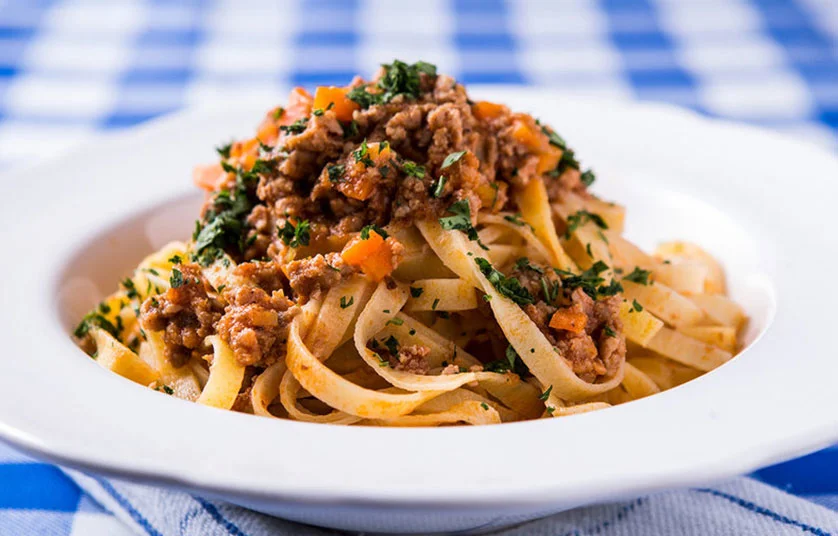
WE STICK OUR FINGER IN A SOCKET EVERYDAY, JUST TO SEE WHAT HAPPENS… KIDS’ STUFF. THIS TIME WE GOT A REALLY GOOD SHOCK. A SHOCK FROM THREE BEAUTIFUL SCHOOLS OF PIZZA MAKING. WE WENT FROM SÃO PAULO TO NEW YORK, WITH A STOPOVER IN NAPLES. PURE ELECTRICITY, CLEAN, YOUNG ENERGY WITHOUT LIMITATIONS. THE GENETIC COMBINATION OF BRÁZ AND THE DNA OF BROOKLYN, NY, GAVE RISE TO A HYPERACTIVE, FUN-LOVING, OPINIONATED SISTER. A NEW PIZZA IS BORN.











“Bráz Elettrica brings the ‘neo-Napolitan’ pizza style that is popular in New York, with slow-rising dough and flavors that are far from traditional: the menu will be created by American pizza chef Antony Falco.”
“The restaurant was christened after the oven used to cook the pizzas: Made in Italy, electrically heated, with temperature controlled from above and below. At 480 degrees Celsius (896 Fahrenheit), it cooks the pizzas in 90 seconds.
The light pizza dough is allowed to rise for 24 hours in temperature-controlled conditions.”

DELIVERY
RAPPI Or IFOOD
contact phone number
REGIons close to MOEMA: (11) 5561-1736
REGIons close to PINHEIROS: (11) 3037-7975
REGIons close to CONSOLAÇÃO: (11) 3171-3947
Get to known Bráz Elettrica’s sisters
With a modern, casual ambiance, Bráz Trattoria features a cantina kitchen with Bossa Nova cuisine. It has the simplicity and comfort of an Italian home in a room with a unique view of the city. The restaurant offers simple new takes on the comfort food an Italian grandmother would cook with her heart.





